
Mozambique has made great strides in reducing poverty, according to the World Bank. But with nearly 50 percent of the population still living in poverty, progress has not been fast enough. Poverty is concentrated in rural areas, and even with growth within the country, the regions of Zambezia, Sofala, Manica and Gaza saw an increase in poverty in the 2000s.
More than 70 percent of those living in poverty reside in rural areas and rely on farming and fishing to make a living. The vast majority of the rural population lives on less than $1.25 a day and lacks basic services such as access to safe water, health facilities and schools.
Salesians have been working in Mozambique to provide educational opportunities to poor youth for many years. The success of agricultural training has led to an expansion of the project so that more families can be reached. For the past several years, the Austrian Salesian Youth of the World program has been working on its second agricultural project in the Tete province in northern Mozambique. The project, which is carried out in seven different rural communities, works to educate farmers on the latest innovations in agriculture and livestock techniques to improve food security and increase income potential.
Educators help farmers introduce or intensify the production of vegetables, experiment with new methods of production and processing of products, and assist with raising livestock. Farmers learn new skills in agriculture and animal husbandry, horticulture and fruit growing, and breeding cattle and sheep. They are provided with irrigation pumps, which also support local schools and healthcare centers. In addition, Salesian staff work with local residents to establish community associations for product sharing and sales. The project’s goal is to train close to 1,000 families (or about 5,000 people). With increased food production in the small rural communities participating in the program, an estimated 8,000 residents will be positively affected for the long term.
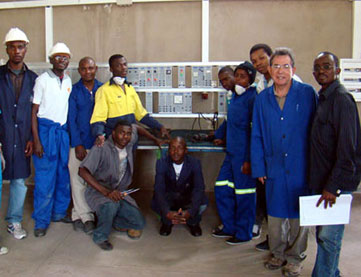
Because the best way to combat poverty is through education and skills training, Salesian missionaries are working to provide education and social development services that would otherwise not be available in Mozambique. This is especially critical with more than 45 percent of Mozambique’s population younger than 15 years old. Through education, youth not only break the cycle of poverty for themselves and their families, but also create far-reaching positive effects for the entire country.
At the Don Bosco Higher Institute at Maputo, Salesian missionaries operate the only professional teacher training program in the country. Partially funded by the Spanish Cooperation, it is the only teacher training center in Mozambique recognized by the Ministry of Education for the training of teachers of professional schools. The teacher training program was developed in the 2006-2007 academic year at Don Bosco Higher Institute and was made possible through a collaboration between the Salesians, the Spanish foreign ministry, the government of Mozambique and the Youth of the Third World organization.
Salesian missionaries operate several vocational training centers in Mozambique. Vocational training helps youth living in poverty gain the skills needed to find and retain long-term stable employment.
In Inharrime, north of the capital city of Maputo, Salesian missionaries have a vocational training center that educates 300 students a year in four different course programs. More than 30 boys who attend the school stay in Salesian housing on campus because they live too far from the school. Across the street from this center, Salesian sisters with the Daughters of Mary Help of Christians educate 2,300 students in primary and secondary school and pre-university classes. A boarding house is home to 120 girls, including 50 orphans, who live there while attending school. Students who attend Salesian education and vocational training programs often find jobs fairly quickly after graduation.
In the southern town of Namaacha, Salesian missionaries have operated a college for both men and women for decades.
When the country gained independence in 1975 and was run by a communist totalitarian regime, Salesian missionaries were forced to leave and abandon their work at the college. Only one Salesian missionary was allowed to remain. Brother António Pedrosa, now 85 years old, was accepted by the regime because he was not a priest.
Bro. Pedrosa had to wait nearly 20 years before he could once again be joined by his fellow Salesian missionaries. They were allowed to return in the early 1990s, which marked the end of the regime and the civil war in Mozambique. Missionaries still operate the college today along with other vocational training programs.
Salesian missionaries responded to the call for emergency aid after Cyclone Idai, a Category 4 storm, brought weeks of rain, floods and high winds to parts of Mozambique, Zimbabwe and Malawi in March 2019. Mozambique was hit especially hard with the storm making landfall in the country with sustained winds of 120 mph. The Atlantic is reporting that more than 750 deaths have been attributed to Cyclone Idai so far while thousands remain stranded in remote rural areas. The United Nations World Food Program reported that more than 600,000 people have been displaced.
Salesian missionaries living and working in the region did not suffer direct damage and were active in helping with relief operations. Missionaries worked with other religious groups in the region to raise funds for Caritas and other nonprofit organizations like Doctors Without Borders to help support immediate relief and first aid operations. Missionaries within Salesian educational centers also collected basic necessities such as food, medicines and clean drinking water for those in the affected sites.
Thanks to a collaboration between the Salesian Institute in Rome, Italy and Schneider Electric Foundation, five international projects run by Salesian technical and professional schools aimed at sustainable human and social development are being funded with a total donation of 2 million euro. Schneider Electric Foundation is the charitable arm of Schneider Electric, a European multinational corporation that specializes in electricity distribution, automation management and the production of installation components for energy management. In Maputo, funding will allow the purchase of new equipment and materials for students, and an energy update program will be set up for teachers and students.
The Salesian community in the Luís Cabral neighborhood of Maputo was able to dig a new borewell to increase water access thanks to funding from Salesian Missions “Clean Water Initiative.” With this first round of funding, Salesian missionaries have been able to complete several activities including identifying a suitable water source, demarcation of the area, drilling and opening of a borewell, and water pressure tests.
The Salesian community is home to the Salesian coordination house, which is the headquarters of the Salesians of Don Bosco for the entire country of Mozambique. The coordination team works and lives there. The community is also home to a Salesian college, which trains 600 students. The college is dedicated to training for teachers who will educate in professional, technical and vocational schools.
More than 2,000 people in the Salesian São João Baptista de Moatize Mission, located in Ntsungo, have clean water access thanks to funding from the Salesian Missions “Clean Water Initiative.” With the funding, Salesians were able to drill a borewell, install solar powered pumps and create a water system with three plastic tanks with a capacity of 5,000 liters each. Water is channeled to the communities and to the primary school. Water fountains were also set up in the communities so that people could access the water.
From Mozambique

From Mozambique
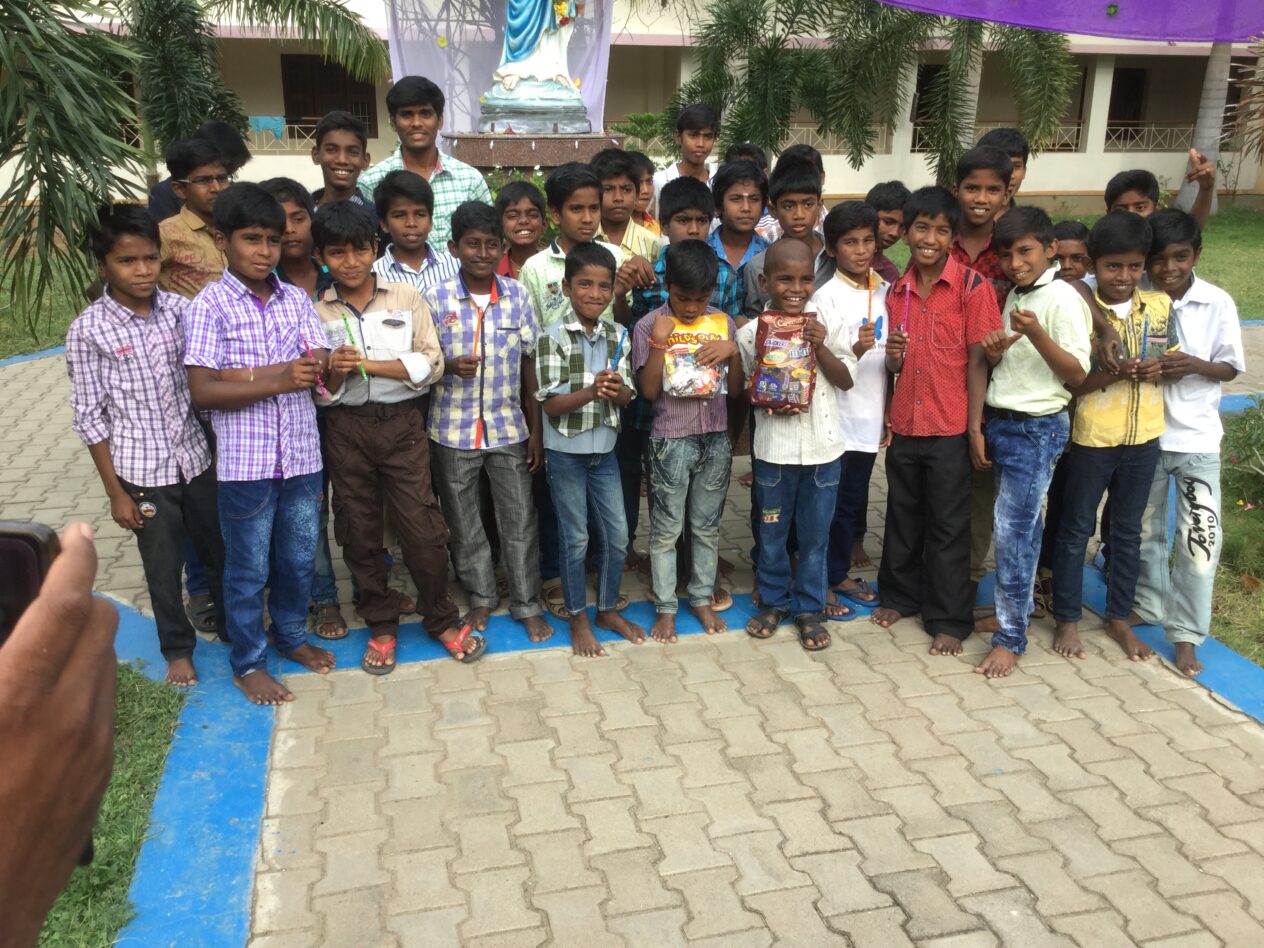
2023 theme focuses on progress needed to ensure everyone has safe toilets and water by 2030. NEW ROCHELLE, NY (Nov. 19, 2023) Salesian Missions, the U.S. development arm of the Salesians of Don Bosco, joins humanitarian organiza
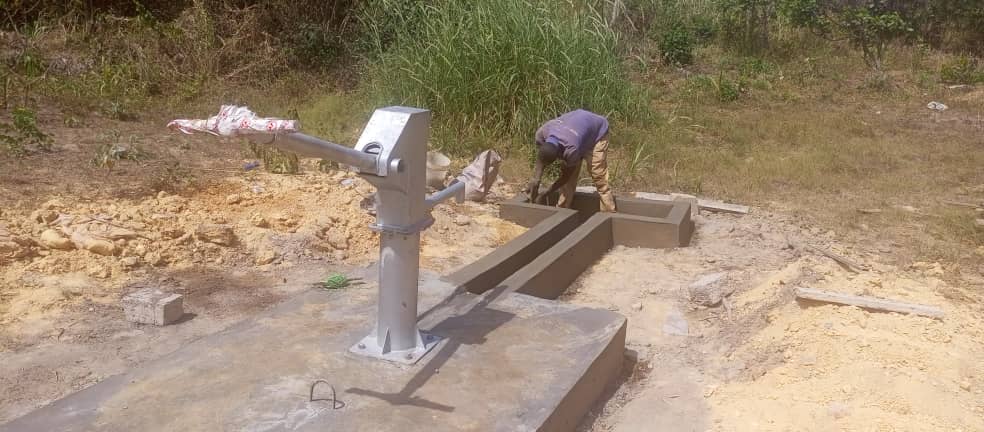
Salesians ensure water access in communities around the globe. NEW ROCHELLE, NY (Oct. 15, 2023) Salesian Missions, the U.S. development arm of the Salesians of Don Bosco, joins the international community in celebrating Global Han
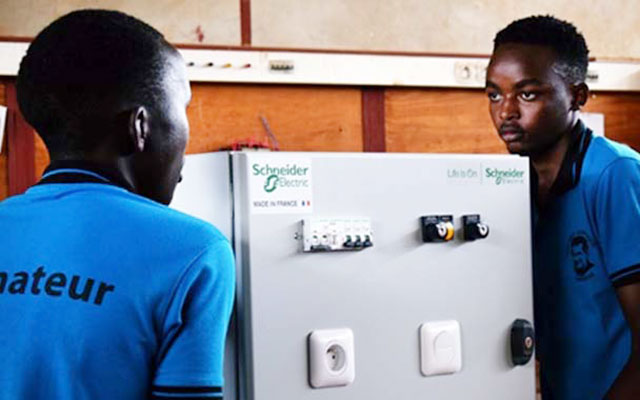
In Malawi and Mozambique, Salesian missionaries have partnered with a leading global energy corporation to teach underprivileged youth relevant and in-demand skills to lead the way forward. Since 2009, the Salesians have collabora

MAPUTO, Mozambique March 27, 2023 (Excerpt) On the occasion of World Water Day marked March 22, officials of Salesian Missions, the U.S.-based development arm of the Religious Institute of the Salesians of Don Bosco (SDB), have re
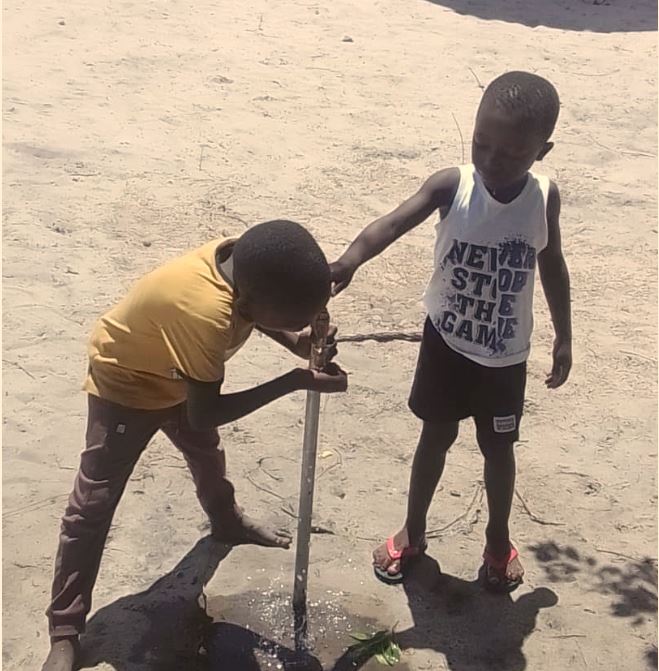
Salesian Missions makes clean water projects a priority. NEW ROCHELLE, NY (March 22, 2023) Salesian Missions, the U.S. development arm of the Salesians of Don Bosco, joins humanitarian organizations and countries around the globe
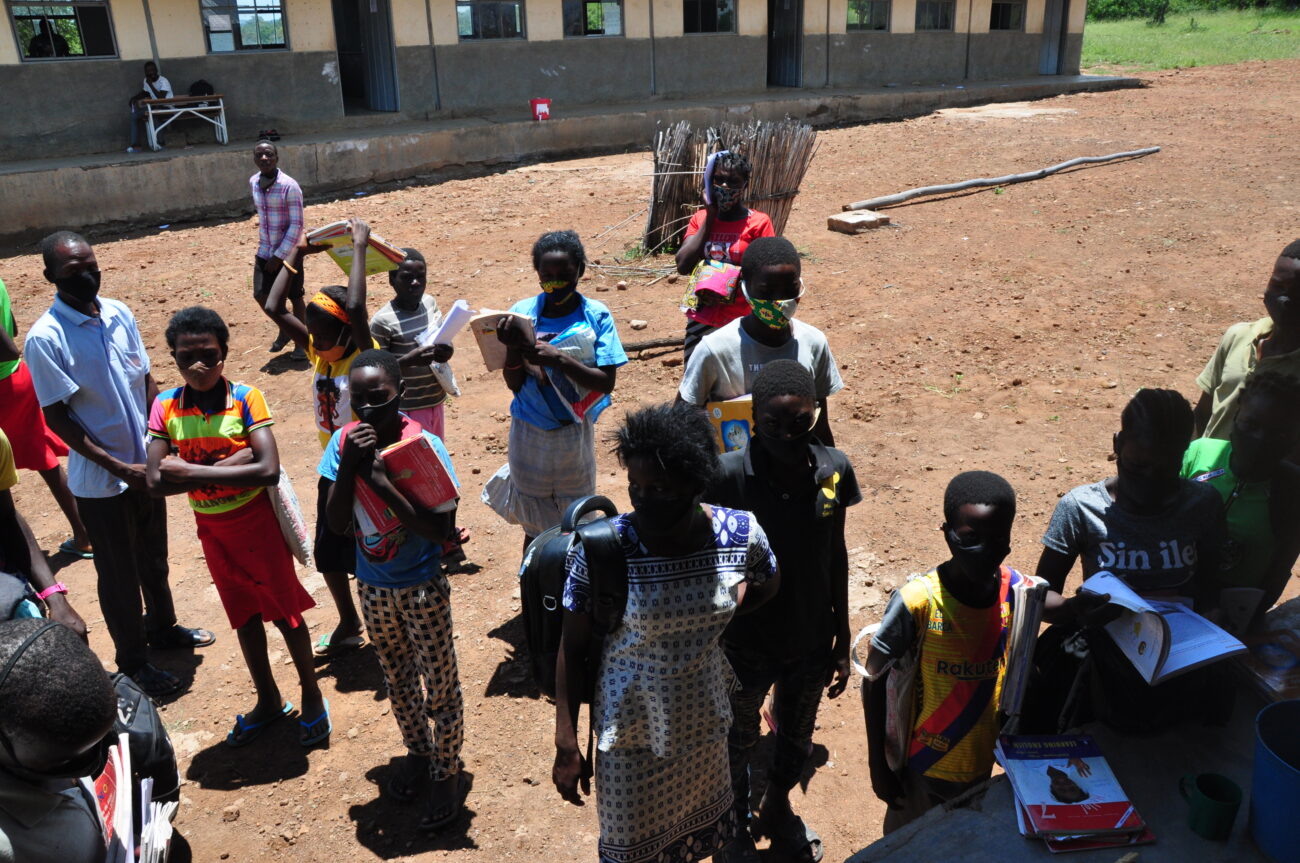
More than 2,000 people in Ntsungo have clean water access through ‘Clean Water Initiative’. NEW ROCHELLE, NY (Dec. 20, 2022) More than 2,000 people in the Salesian São João Baptista de Moatize Mission, located in Ntsungo, Mo
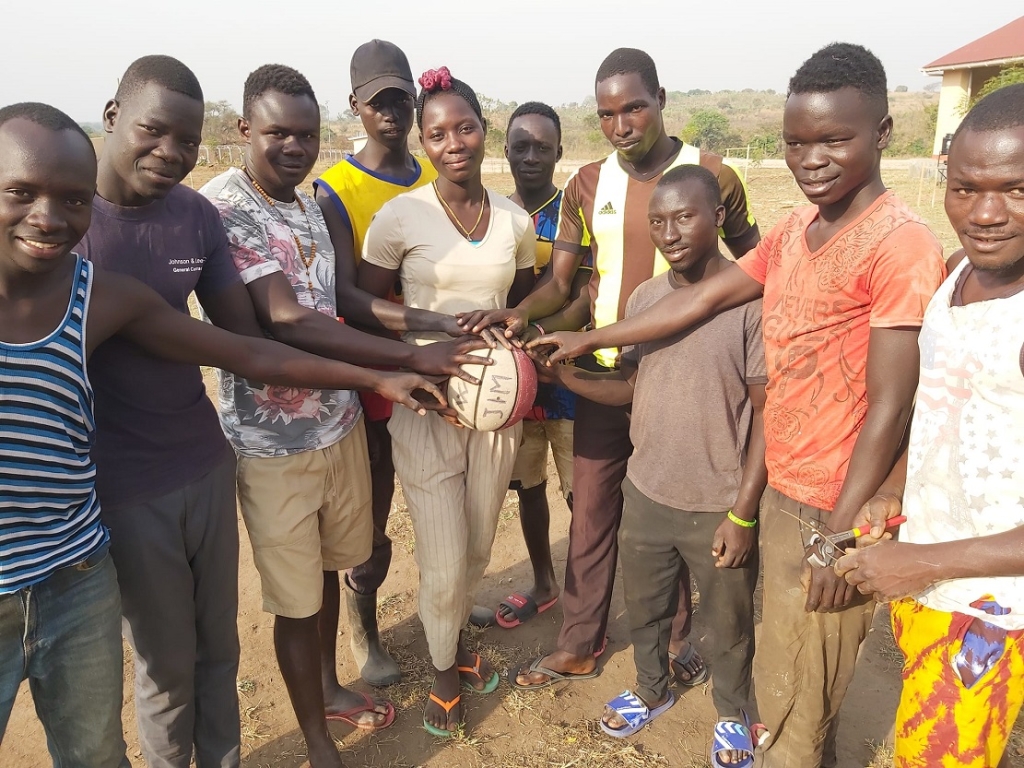
Salesian Missions highlights sports programs that help youth develop leadership skills and relationships with peers. NEW ROCHELLE, NY (April 6, 2022) Salesian Missions, the U.S. development arm of the Salesians of Don Bosco, joins
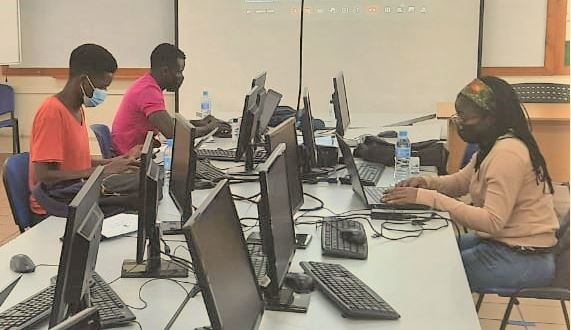
Salesian missionaries educate more than 1 million youth in more than 130 countries. NEW ROCHELLE, NY (Oct. 5, 2021) Salesian Missions, the U.S. development arm of the Salesians of Don Bosco, joins humanitarian organizations and co
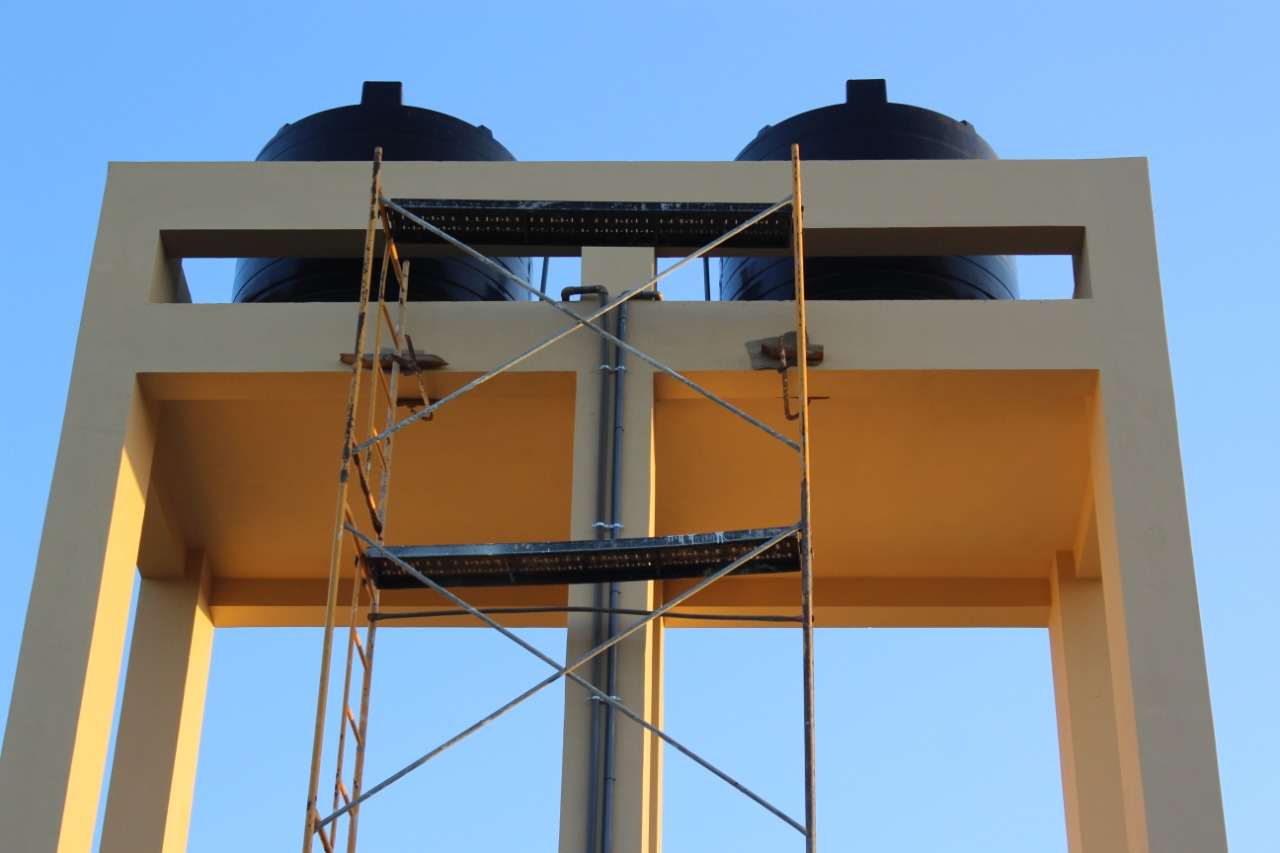
Salesian College in Maputo has clean water access thanks to the Salesian Missions ‘Clean Water Initiative.’ NEW ROCHELLE, NY (May 18, 2021) Students and staff at the Salesian College in Maputo, Mozambique, will have clean wate
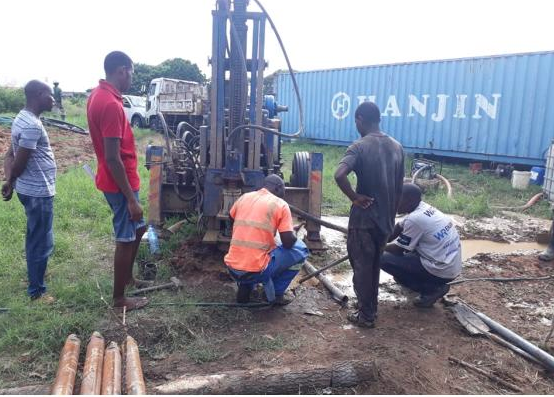
The new borehole ensures that the Salesian College has clean water to improve students’ health and hygiene as well as curb the outbreak of disease. NEW ROCHELLE, NY (May 12, 2020) The Salesian community in the Luís Cabral neigh
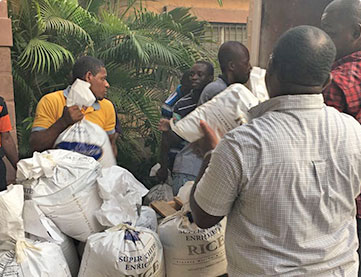
Salesian Missions includes agriculture in its vocational training programs – to ensure that youth of Rwanda learn better agricultural practices as well as keep the school self-sustaining in the face of the country’s food shortages.
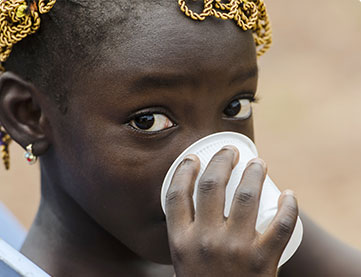
Salesian Missions includes agriculture in its vocational training programs – to ensure that youth of Rwanda learn better agricultural practices as well as keep the school self-sustaining in the face of the country’s food shortages.
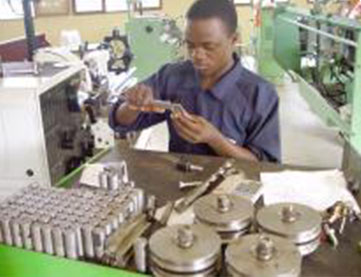
Salesian Missions includes agriculture in its vocational training programs – to ensure that youth of Rwanda learn better agricultural practices as well as keep the school self-sustaining in the face of the country’s food shortages.